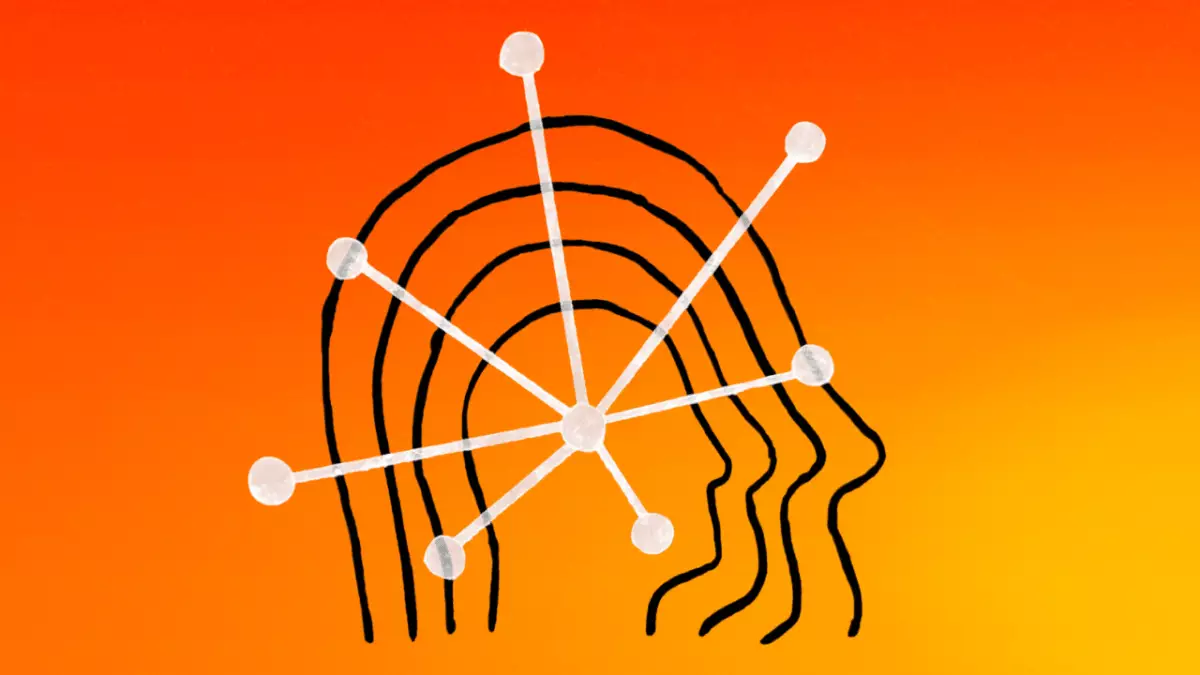In the rapidly evolving world of artificial intelligence, coding tools seem to be at the forefront of innovation. Among the competitive landscape, Anthropic’s Claude Code and OpenAI’s Codex CLI have emerged as two prominent players. However, a closer examination reveals that their approaches are fundamentally different, leading to varying levels of developer engagement and satisfaction. OpenAI appears to be winning this contest, but not without scrutiny of the contrasting philosophies governing these two AI-driven resources.
The License That Shapes Developer Trust
At the heart of the user experience with any software tool often lies the licensing model under which it operates. Codex CLI’s use of the Apache 2.0 license has made it a favorite among developers, empowering them with the freedom to share, modify, and commercially use the software. This model encourages a symbiotic relationship between the tool and its users, fostering community-driven innovation. In stark contrast, Claude Code is tied to a more restrictive commercial license enforced by Anthropic, which not only curtails modifications but also limits the overall developer experience. Such a dichotomy inherently raises questions regarding trust and long-term loyalty within the developer community.
The Fallout from Takedown Notices
The controversy escalated when Anthropic attempted to quash a developer’s initiative to reverse-engineer Claude Code. By issuing takedown notices through DMCA complaints, the company effectively stifled grassroots innovation and collaboration. While the motives behind this decision might be steeped in protecting intellectual property, the backlash it generated has drawn criticism from developers who favor collaborative ecosystems. Community sentiment has clearly tilted in favor of OpenAI, especially given their proactive engagement with the developer community by incorporating feedback and suggestions into Codex CLI shortly after its launch.
The Obfuscation Dilemma
One of the more talked-about decisions by Anthropic was to obfuscate the source code of Claude Code, further restricting its usability. By doing so, they have inadvertently alienated developers who seek transparency and adaptability in their coding tools. Transparency often fosters trust, while opacity can lead to skepticism. In an age where open-source collaboration is revered, such measures can be perceived as draconian, further pushing developers towards Codex CLI, which embodies a more open philosophy.
Shifting Currents in AI Development
Interestingly, the competitive dynamics between these two coding tools symbolize larger trends in the tech industry. OpenAI’s willingness to integrate suggestions demonstrates a potential recalibration in its approach towards open-source and collaborative development, especially when their CEO, Sam Altman, admitted the company’s past missteps in this arena. Claude Code, still in beta, may have untapped potential; however, current decisions could lead to a stagnation of developer goodwill.
The future landscape is one where user agency is paramount. As developers continue to wrestle with the ethical implications of AI, their choice of tools will reflect not merely the technical capabilities, but the values that those tools represent. The outcome of this competition may well influence not just who emerges victorious in this immediate battle, but also the broader philosophies that will define coding and collaboration in the AI future.

